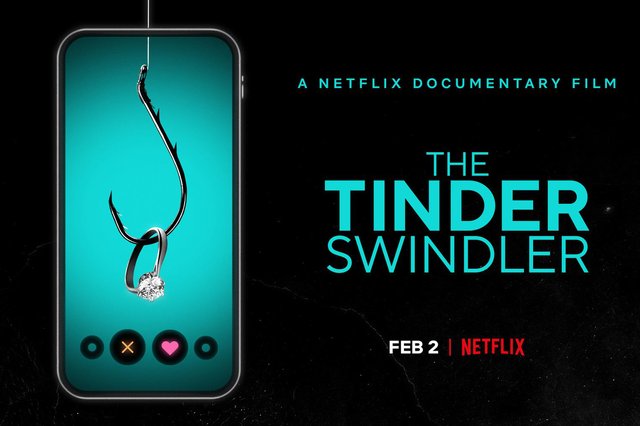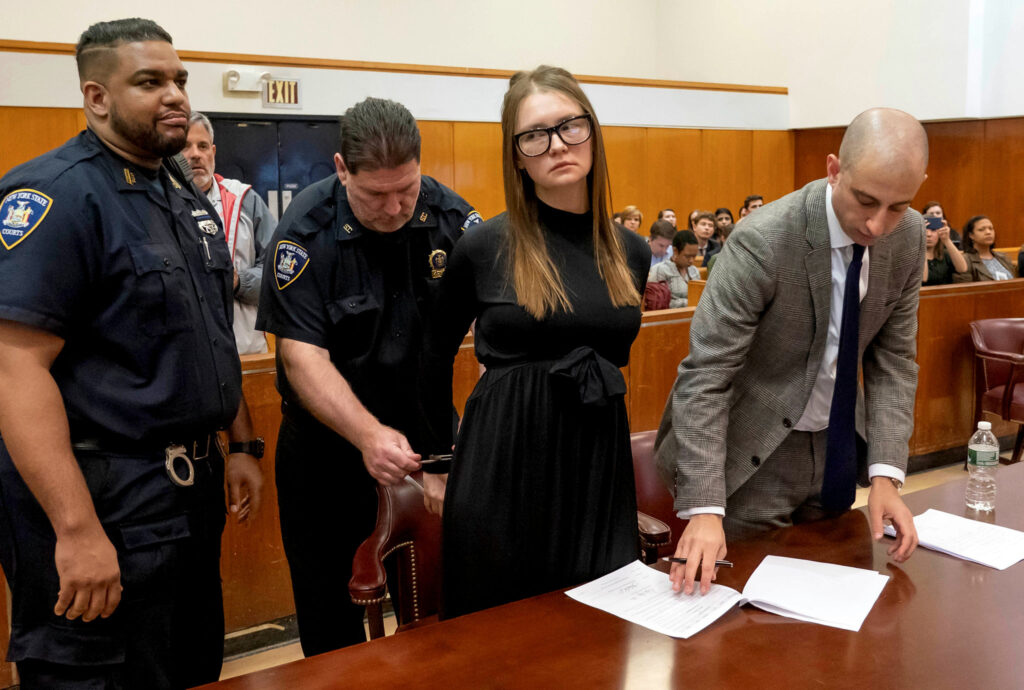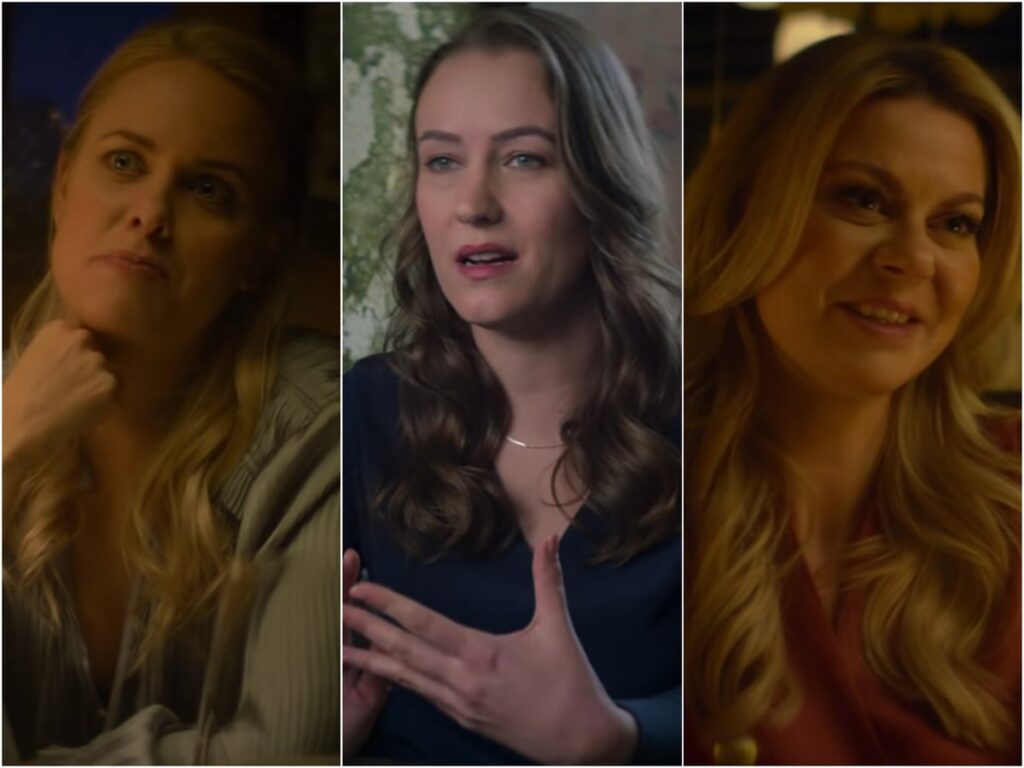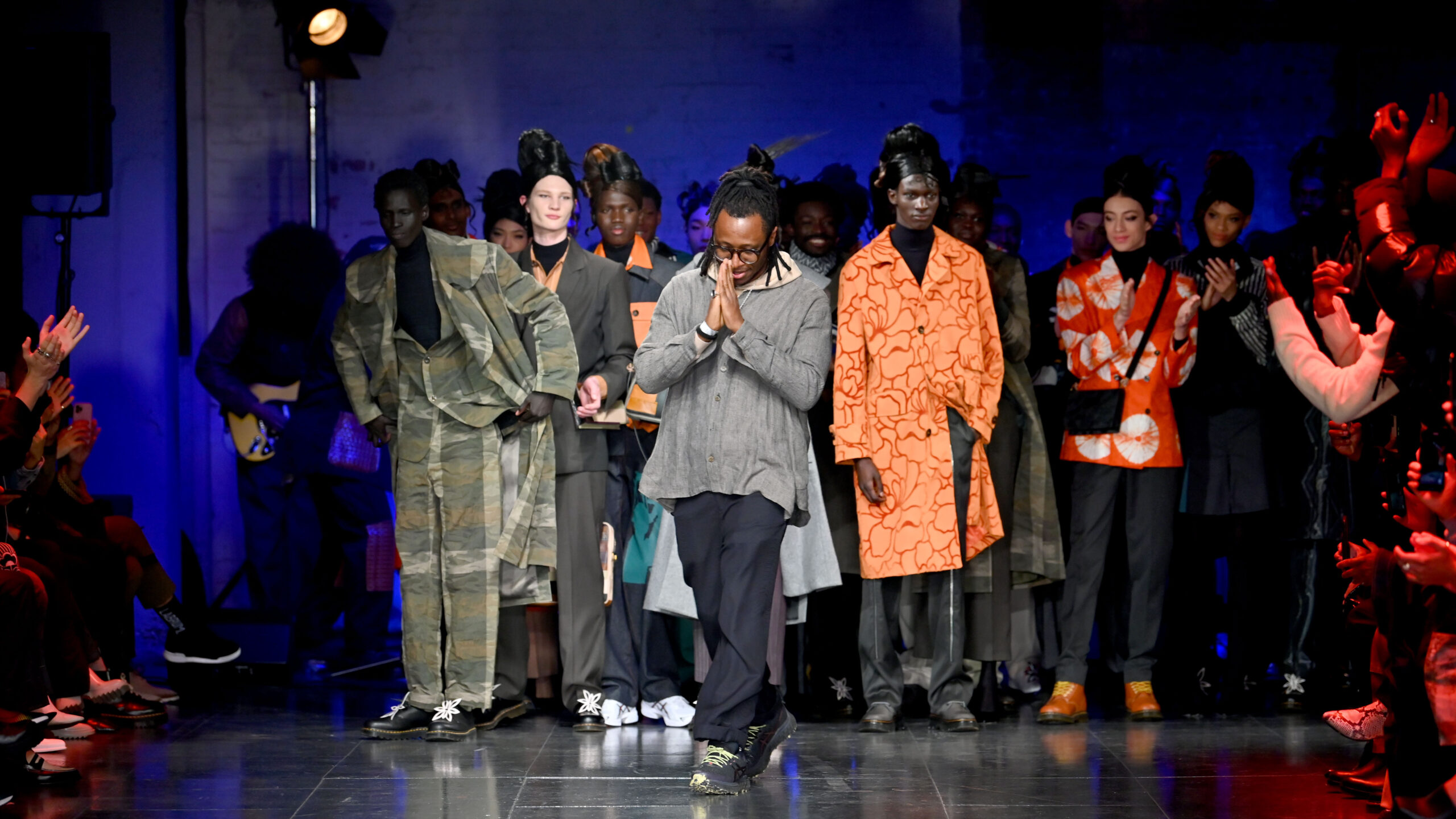Swindlers, yahoo boys and all the things they have in common

F boys. Scammers. Deets.Yahoo boys. Swindlers (Yes, Simon Leviev, I’m talking about you.)
Whilst we are still in the early stages of 2022, it seems that conversations around fraud and financial scams are so much more frequent these days. It is up for debate whether we have become more cognisant of these conversations because of social media, the rise of cancel culture or the fraud market growing exponentially over the last few decades. It seems like every year, another scammer is exposed to the world, and for weeks, the tabloids and the tweeters want to know when? why? and most importantly, how did they do it?
Global streaming service; Netflix has had no problem taking up this demand. From the day-by-day documentary with the real-life players involved in the disastrous FYRE Festival. To the latest Shondaland production, ‘Inventing Anna’, which re-tells the story of Anna Sorokin, the fake German Heiress who defrauded the elite of New York for a total of $275,000. It is no surprise that the current show of the moment is the exposé of the ‘Tinder Swindler’, a man who goes by Simon Leviev, the self-proclaimed ‘Prince of Diamonds’.

Since the release of the documentary, it seems like Simon Leviev has become notoriously famous overnight. His “my enemies are against me” statement became an official catchphrase in pop culture via memes and valentine’s day cards. Simon Leviev has managed to reach a level of fame that may have temporarily hindered his operation but in the court of public opinion, it is unclear if he is being celebrated or vilified. And it brought me to question, Why is it that there are such divided public opinions on fraud? Yes, we know that in the court of law, fraud is a heinous crime, punishable across all jurisdictions, but what is it that makes the court of public opinion so different?
It’s trashy TV/film. A show about a man conning women out of hundreds of thousands of dollars and getting away with it. I managed to wilfully ignore the discourse for all of one week before finally caving and enjoying every twist and bend the film presented. It was bound to get the reaction that it did – trending almost immediately after its release. But we all watched the same film. Why is it now that so many are cracking down on women for their “gold-digger” like tendencies, their ‘irrationality’ and ‘naivety’? Why are we critiquing women for leveraging beauty to gain capital rather than the systems that lead women into doing so AND allow it? Do women facilitate patriarchy and gendered capitalism? The call is coming from inside the house.

If we take a deep dive into why people do fraud, criminologist Donald Cressey describes the three necessary points of the “Fraud Triangle”:
Pressure
Opportunity
Rationalisation

The first two points speak to the situational impacts and motivations that may arise, whether that be debt, grief, loss, or the opening of opportunity and access to capital, allowing people to carry out fraudulent acts. But the final point, rationalisation, is what I’ve observed across the Tinder Swindler discourse and Anna Sorokin’s crimes against big banks and even 419 scams.
419-ers, area boys, cafe boys, wash wash. There are names for these people in local languages across the African continent and the diaspora. 419 scams, otherwise known as advance-fee fraud, describe where victims are convinced that they will receive large sums of money if they advance a smaller amount. In an ABC Four Corners documentary about fraud in Ghana, scammers describe how they have been victims to the white man‘s crimes through colonialism and the systematic displacement of generations of Africans. From this, we get the viral “payback time, slave trade” quote. The rationalisation here allows 419-ers to apply logic to their acts – attributing them to rectifying systematic disadvantage and rendering their fraud victimless. At this point, the fraudster concludes that the gain from the action outweighs the perceived possibility of punishment.
Similarly, with the Inventing Anna scandal, Anna Sorokin justified her decision to scam banks and people, due to her perceived higher purpose of achieving her business goals. However, in the Tinder Swindler, Cecilie states, “The first date was a good way to lure her into believing that he was successful. This was an emotional con”. Here, the use of love and romance as a means to manipulate women out of money is often rationalised by the belief that men are systematically and financially disadvantaged at the hands of women – particularly through beauty capital.

I find it telling that so many watched the documentary and jumped to the conclusion that the women were deserving of such a scam because of how they presented themselves or how eager they were to come across a man like Simon on a dating app. Yes, sure, a billionaire on a dating app is a red flag but in the words of our good sis Cecilie Fjellhoy, “YOLO.” Can somebody not want the finer things in life again? We also cannot ignore how Netflix added their directorial touches regarding how montages were edited, the light and airy soundtrack, and of course, the Disney motifs. This was all to sell the story.
So why is it that some men are so deeply empowered and encouraged by the thought of teaching such women a lesson? It all goes back to the notion that women should ultimately be grateful for any man that gives them the time of day, let alone one that provides the promise of a financially-secure future.
The winners and losers in the Tinder Swindler situation are not so clear. The women are only now receiving economic justice through their Go-Fund-Me page, fundraising and social justice through the growing tide of public support. Leviev, however, still walks free and has recently been signed by a self-professed “D-List” Hollywood agent. This fallout was inevitable.

Out of all this, my biggest takeaway is not, what crime is worse? or who is more deserving of redemption? We can see that the women went into this partnership considering the possible financial rewards but were then blind-sighted by love. Some male podcasters (*crickets*) have released episodes arguing that the Tinder Swindler proves the existence of female privilege, boasting a sense of justice for all men who have been financially ‘scammed’ by women. Why are people feeling so empowered by the Tinder Swindler’s actions when they have not tasted even a crumb of the wealth, or better put “lifestyle”, that he was able to acquire? Sorry that she saved your number as ‘Free Chinese’ but, get it together.
Check out the GUAP Arts & Culture section, to discover new art, film, and creative individuals.





![ZINO VINCI’S ‘FILTHY & DISGUSTING’EP BRINGS YOU TO THE CORE OF THE ARTIST [@ZinoVinci]](https://guap.co/wp-content/uploads/2023/10/Zino-4.jpg)





![Remel London’s [@Remel_London] “Mainstream” is a must attend for upcoming presenters!](https://guap.co/wp-content/uploads/2017/02/REMEL-LONDON-FLYER-FINAL-YELLOW-COMPLETE-1.png)